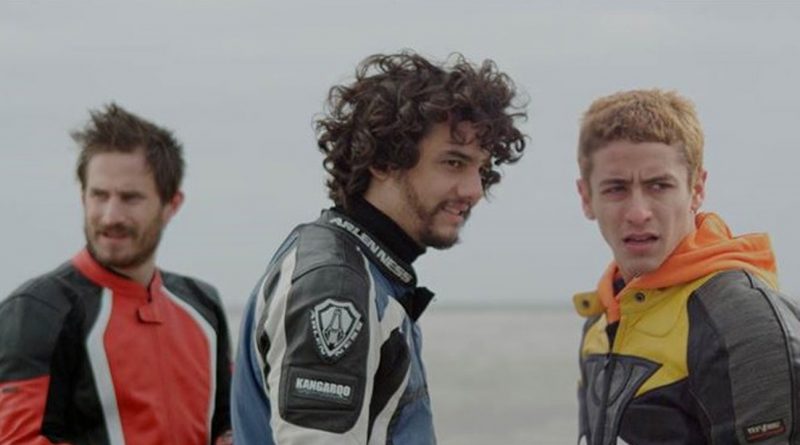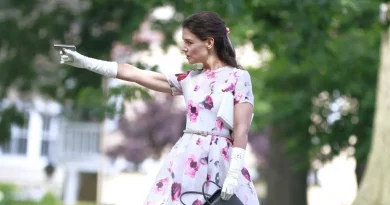Futuro Beach (12A) Close-Up Film Review
Dir. Karim Aïnouz, Brail/Germany, 2014, 106 mins, in Portuguese and German with subtitles
Cast: Wagna Moura, Clemens Schick, Jesuita Barbosa
The story follows Donato (Wagner Moura), a lifeguard who fails in his attempt to save a drowning man in the film’s opening scene. After meeting the man’s friend Konrad (Clemens Schick), he falls in love and soon decides to start his life over with Konrad in Berlin, but pieces of his past keep coming after him. Very quickly, a deep emotional relationship develops as Donato finds some sort of liberation in Germany as the evolution of their relationship is genuinely enjoyable to observe.
Whilst watching Futuro Beach it is clear that you are immersed in a conservative moment. Making great use of silence, the film makes Donato’s story a relevant one as the audience is made to be observers to the events of his life.
The film is broken up into three individually named chapters and an epilogue. Playing out as a literary adventure in which the characters are the pillars of each chapter, the chapters are structured around the different paths travelled by three men. What becomes clear is that Futuro Beach is a film that looks to the future by moving forward both literally and figuratively. Thus, the term ‘futuro’ which is Spanish for future is made more prominent.
In the film, Donato represents an individual who has the courage to reinvent his life; something which in some way or another we all desire, but ultimately are afraid to because it would mean that we would have to leave so much behind. Taking a plunge into the unknown, the film is fueled by his wish to begin anew. It is clear that whilst taking risks is central to the film, this in no way means that the characters are immune to fear.
Colour is a strong feature in the film. Contrasting the hot blues and reds of Brazil to the dull, cold grey of the Berlin streets, the movie is built upon contrasts. Futuro Beach makes colour tactile, as the environment affects the characters. This is prominent within the film’s nightclub scenes which become a save haven for the characters, far removed from their chaotic relationships. It is here, despite being shrouded by noise andstrangers, that the characters find some peace and time for reflection.
Aïnouz creates a very melancholic portrait of the lives of his three characters. Observational in its approach, the film explores in combination Donato’s relationship with his brother Aryton (Jesuita Barbosa) alongside his relationship with Konrad. This is achieved in part by giving the men their own chapters named ‘The Drowner’s Embrace’, ‘A Hero Cut in Half’ and ‘German Speaking Ghost’ which follows the solo pursuits of the men making all of their stories important. In doing this, Aïnouz builds an intimate picture of the three men.
The sea is also another significant factor within the film. Donato’s job as a lifeguard, Konrad’s friend who drowned and Aryton’s fear of water constantly pull the film and its characters together.
In the film, characters grow visibly older, Konrad sporting a Freddy Mercury-esque moustache, Donato’s curled hair growing long and uncontrollable and Aryton morphing into a handsome young man-child, his hair sun-bleached to a light shade of brown. The slow-build technique employed by the film, utilising time as a key facilitator of change is maybe the best technique Aïnouz could have employed in a film of this kind. We see the men mature in different ways as their relationships take new and interesting turns.
Then, suddenly after being immersed in a world so far from your own, the film ends in a manner very fitting to the film’s style. We hear a monologue that reads ‘from Aquaman to Speed Racer’ as all three men ride together through the foggy autobahn, again moving forward as the film so openly suggests. The man appear finally united as the whimsical sequence draws to a close.
Futuro Beach can be read in a number of ways. For myself, the matrix of the film is a man who risked his life to save the life of another.
Reviewed by Rayvenn Shaleigha D’Clark
[SRA value=”4″ type=”YN”]




